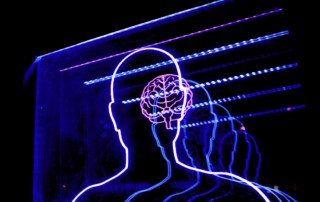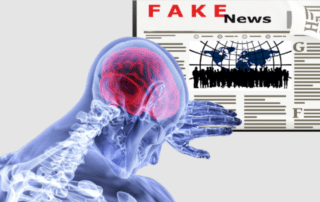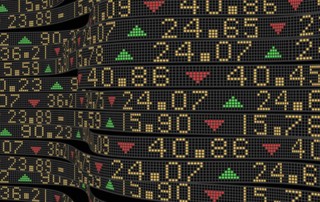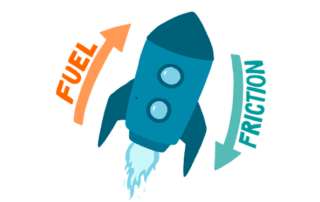How the Metaverse Is Designed to Hijack Your Circuits
The most successful products of the digital revolution, principally those with social media components, have mirrored and exaggerated our ancient mental response mechanisms. With the coming metaverse and ‘web3’, psycho junk food supernormal stimuli may be about to take the exploitation of our Stone Age minds to a frightening next level.










